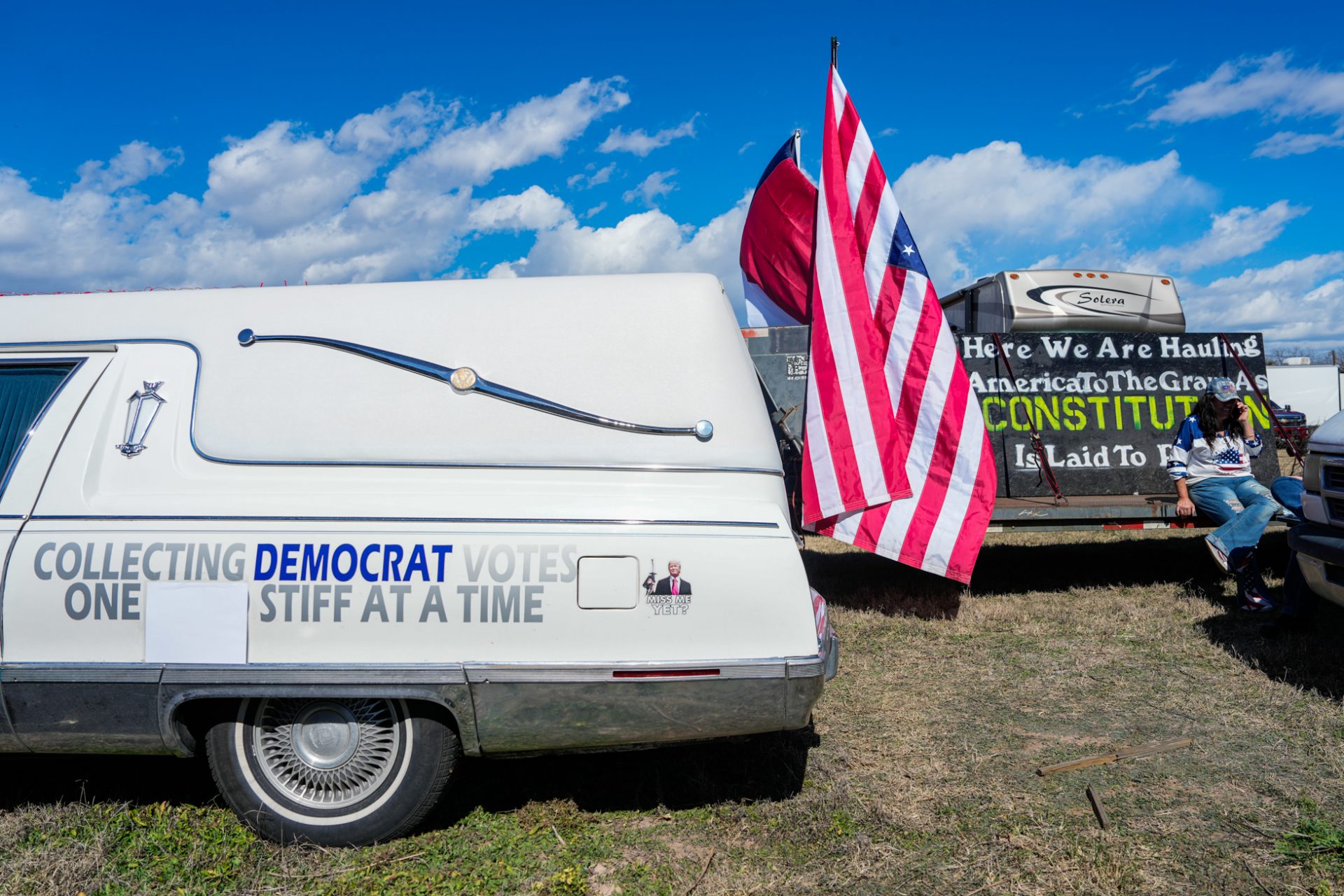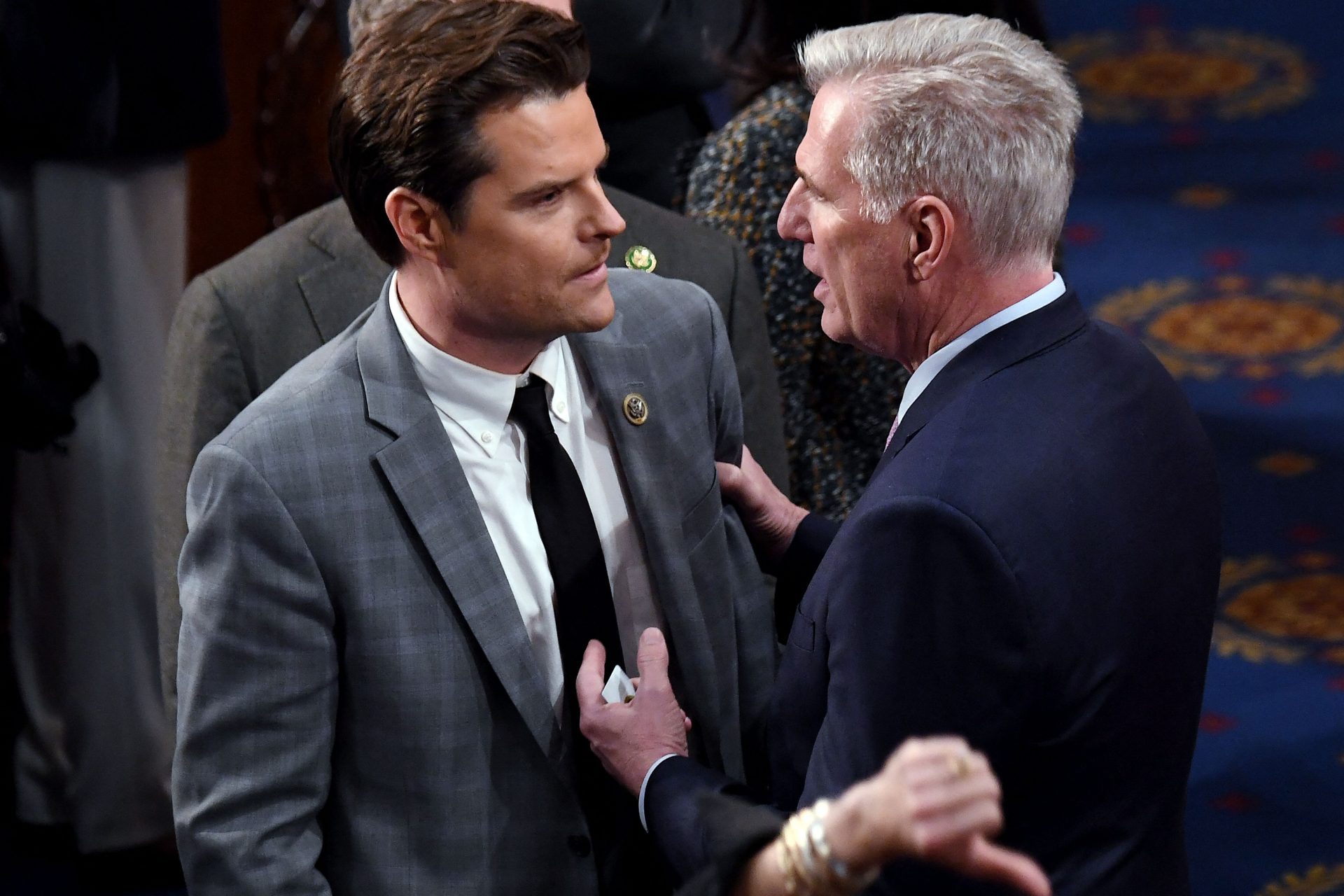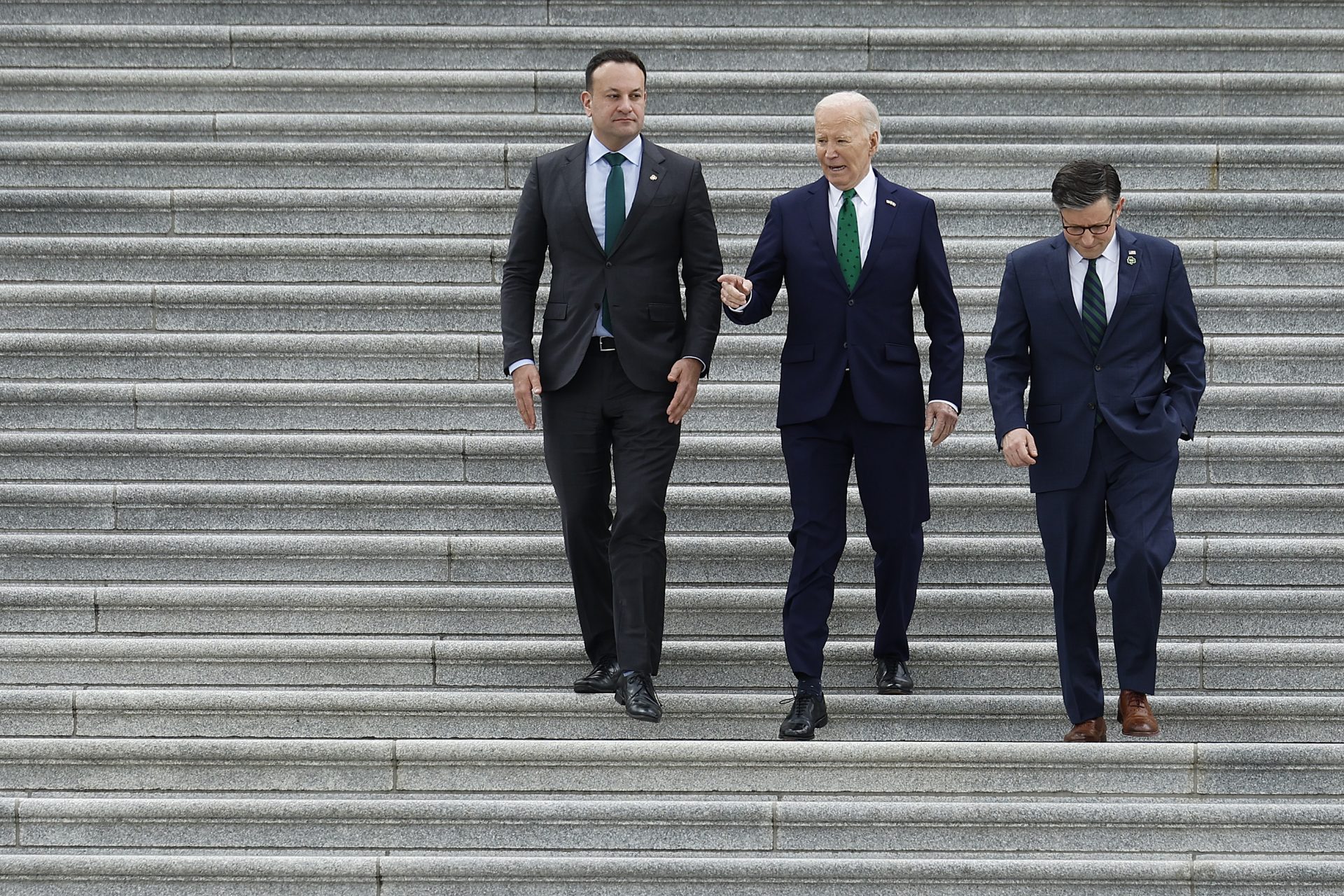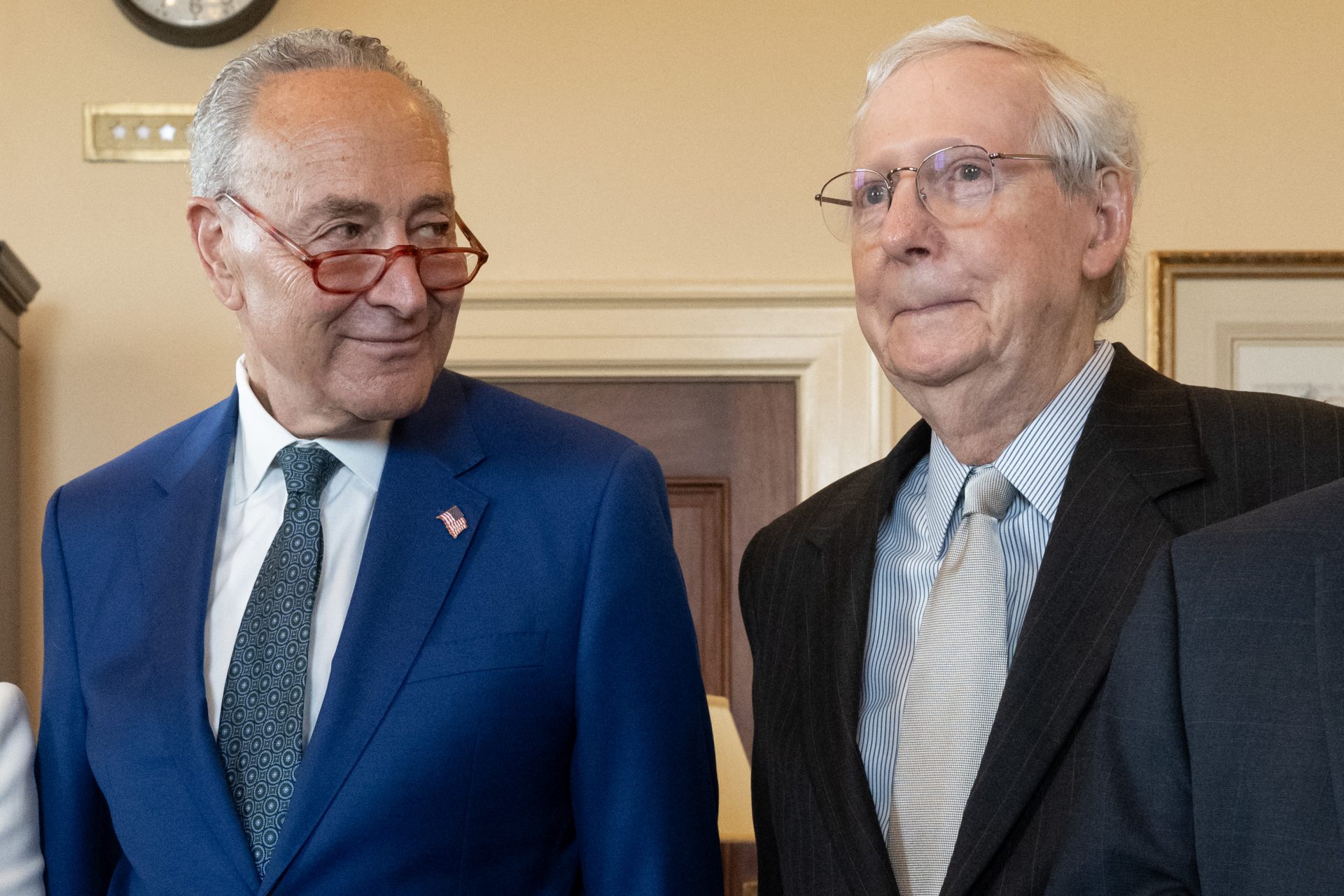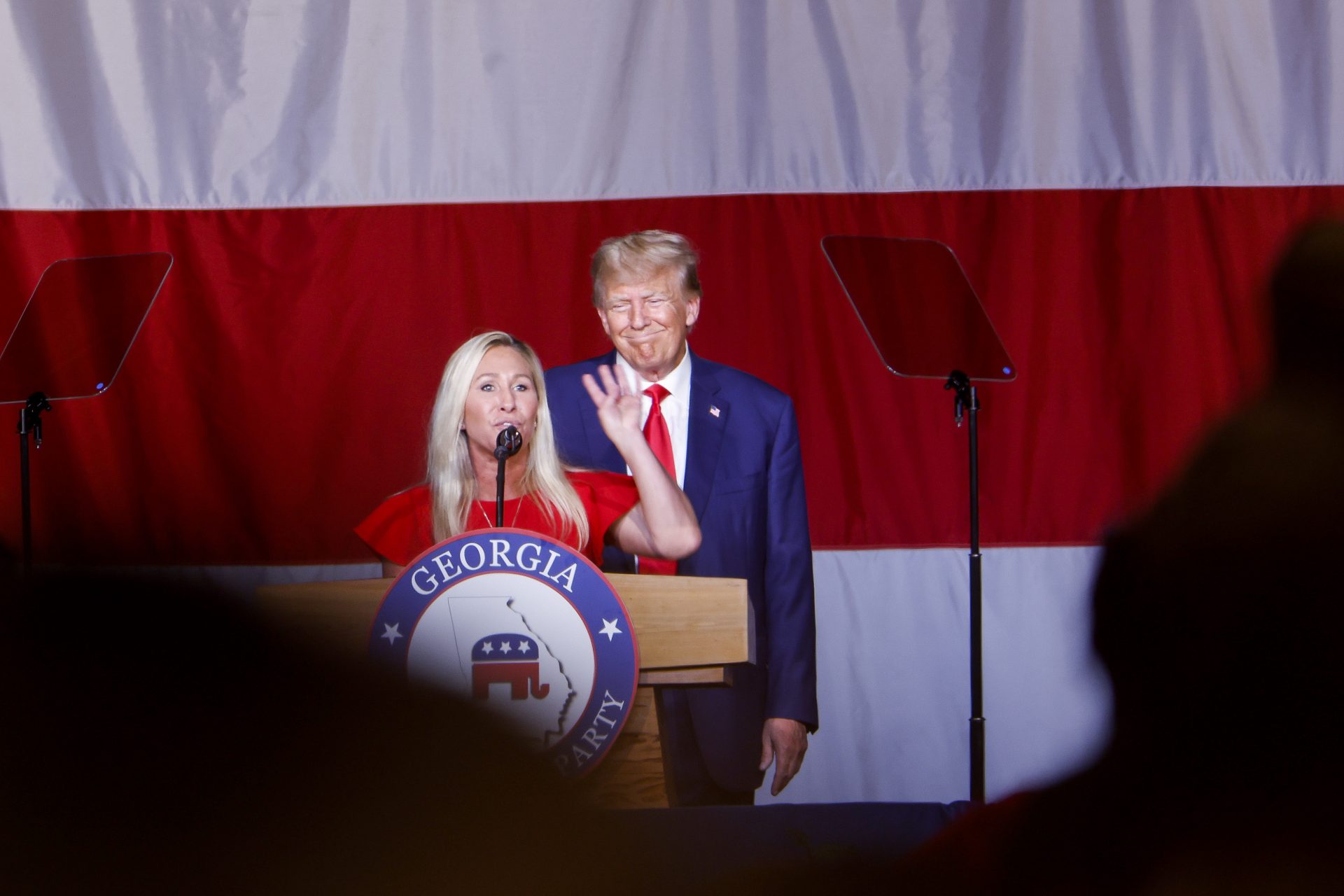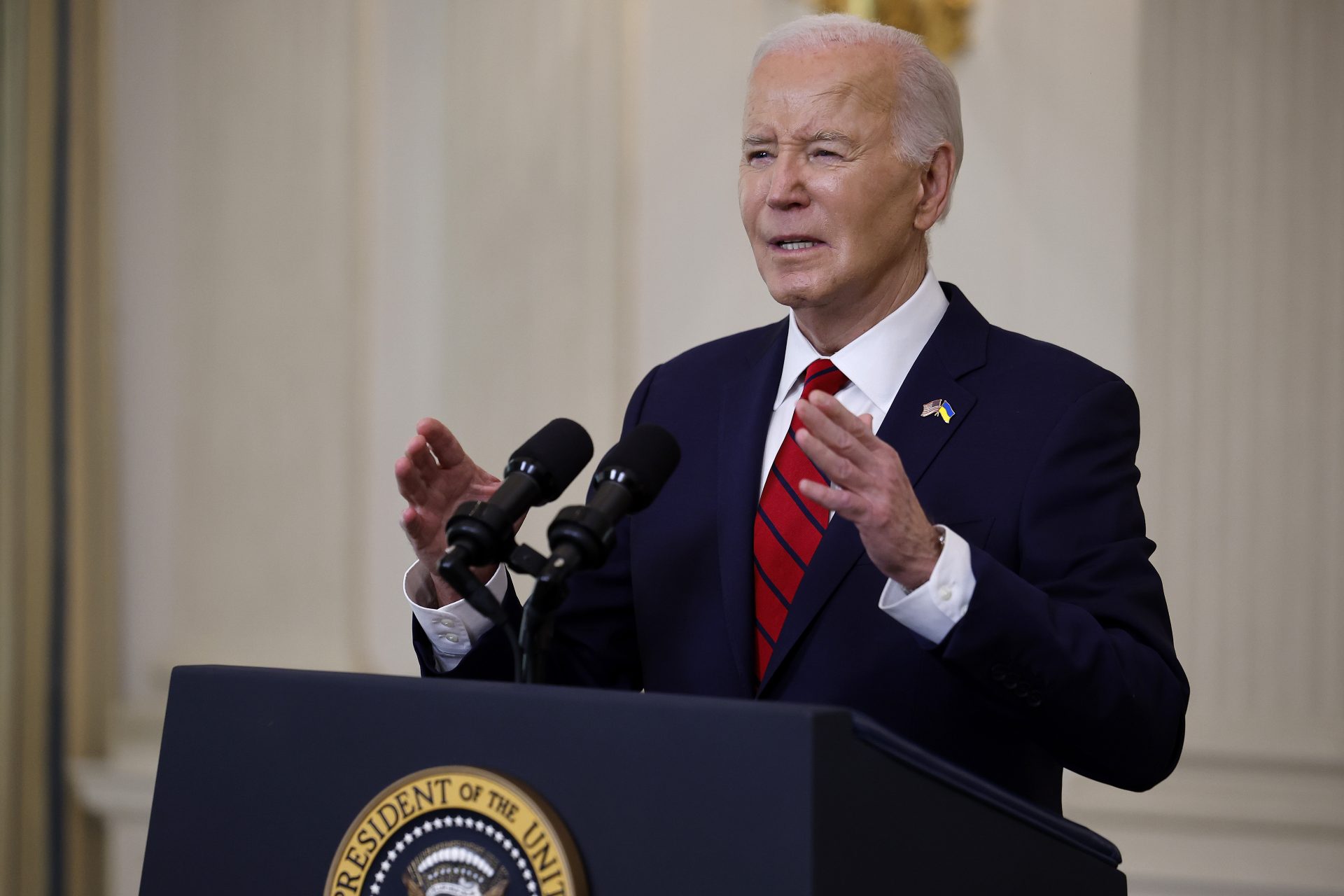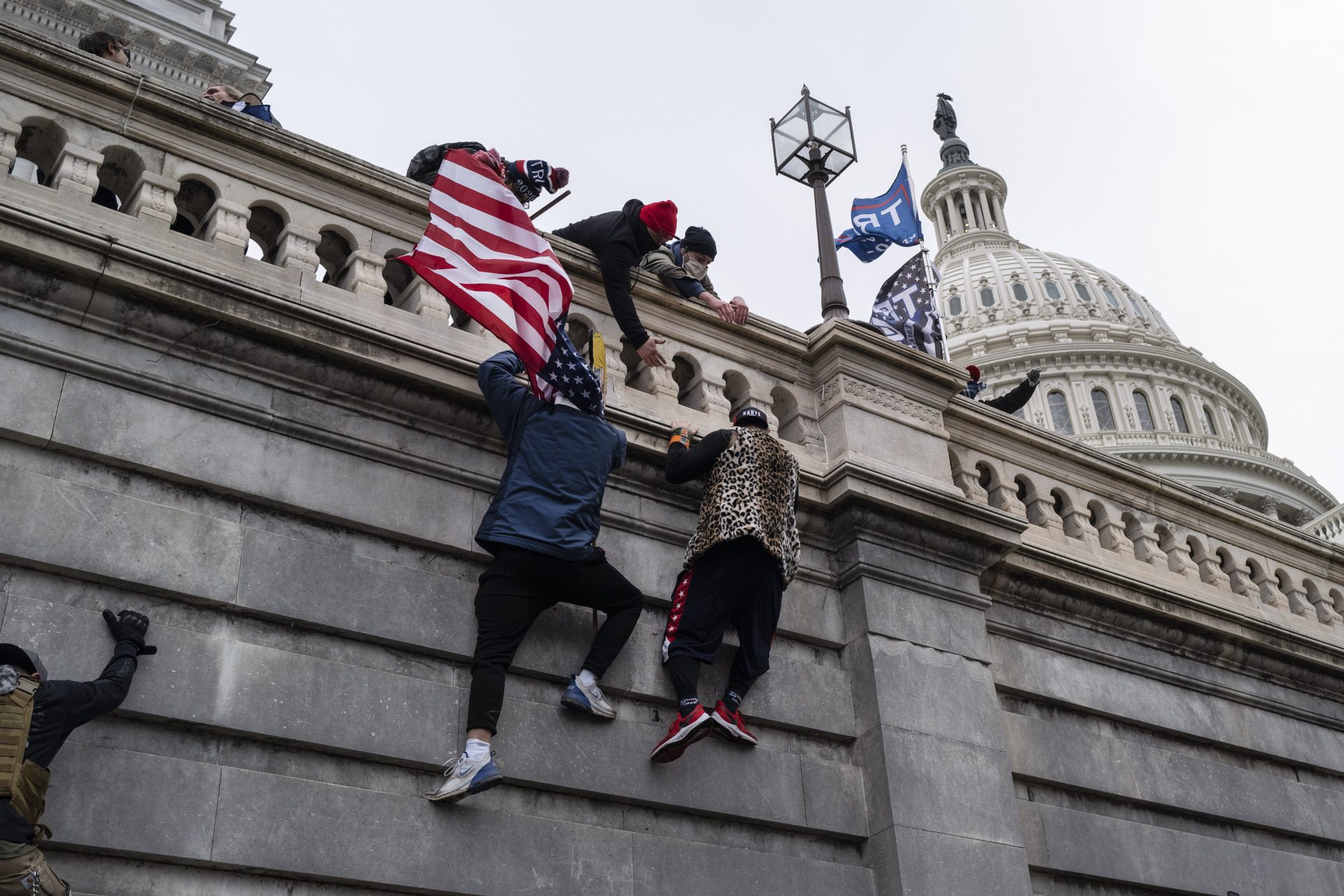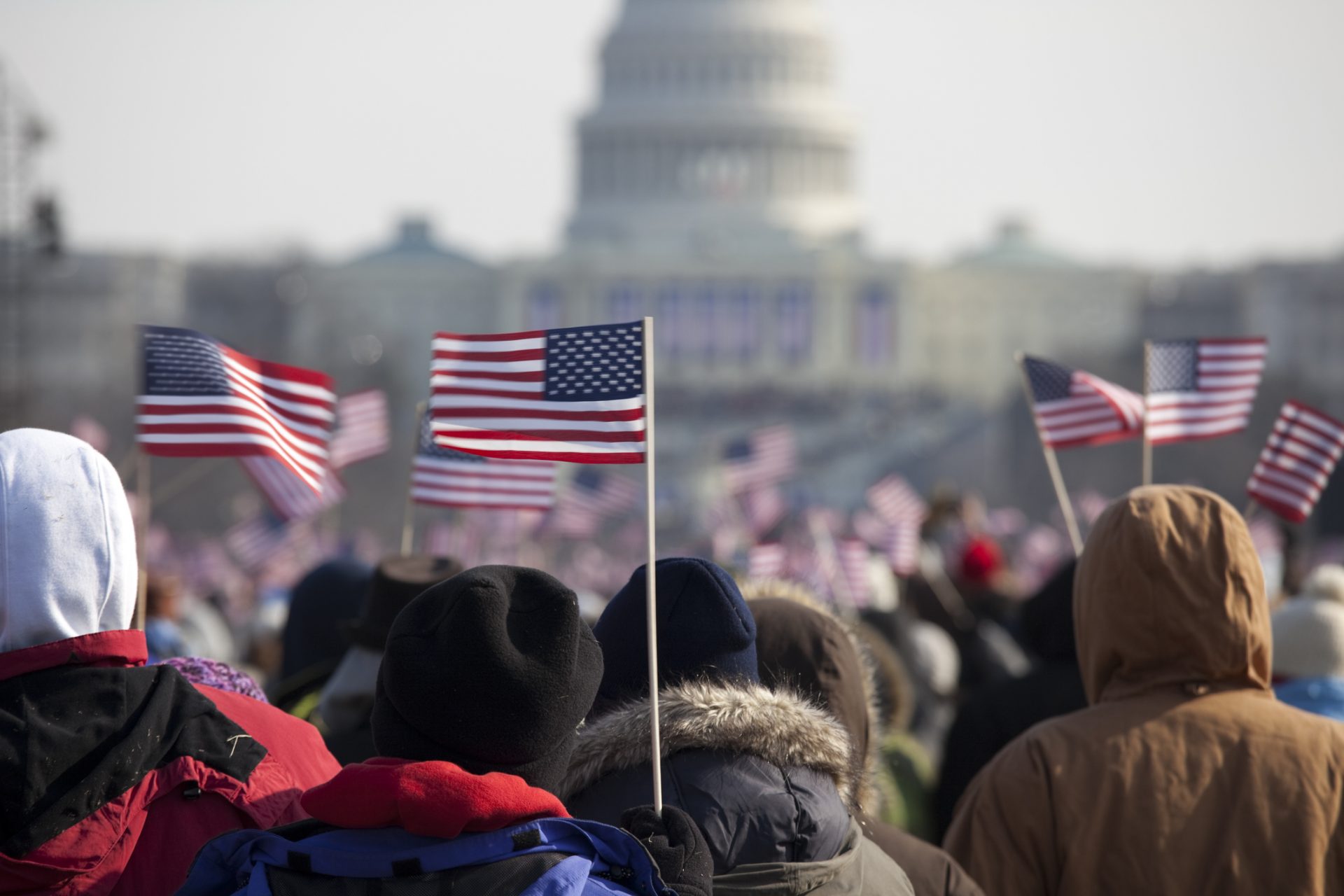Has polarization affected the jobs of politicians in Washington?
Violent threats against public officials are at an all-time high. A New York Times article gathered testimony and data that back that claim, but is it impacting the work politicians do in Washington?
According to The New York Times, violent threats and harassment are affecting public officials across all political spectrums and designations, from librarians to congress officials.
The Capitol Police had to hire three new full-time prosecutors to investigate threats. According to the NYT, it handled 8,000 cases in 2023, which grew more than 50% in the last five years.
The New York Times also said there is little data on the political signs of the perpetrators. Still, research has shown that the latest surge in violent threats comes more frequently from the far-right.
The newspaper also cited data showing that Republican officials were more likely to report being harassed or threatened, often by members of their own party.
The article also cites the experience of several judges and congress members who prosecuted or voted in favor of impeaching Donald Trump after the January 6 riot attack in Congress.
Trump is also a significant driver of violence, according to the Republican and Democrat officials cited in the article. The former President frequently fires personal attacks through social media.
Amidst the profound polarization of the US public, surveys have found increasing public support for violence in both parties. According to The New York Times, about a third of the respondents justify violence to advance political objectives.
Still, despite the threats becoming the norm in public officials' day-to-day lives, it is hard to know if they affect their work in Washington.
According to the New York Times, it does.
Many public officials cited by the newspaper said it altered their decisions to seek higher offices or reelection and affected their policies.
However, another fact shows that the effects of polarization may not be so acute. According to MSNBC, Biden has signed more bipartisan bills than any other US president.
MSNBC political contributor Steve Benen shuffled various hypotheses about why Biden could achieve so many bipartisan deals and others couldn't.
Some of Benen's theories are related to electoral reasons. Compared with the Obama administration, when Mitch McConnell's strategy was not to give the President any victories, Republicans might not prioritize that as much now.
He also said Biden's understanding of Congress might be relevant, as the President has more years of negotiating experience in the Capitol than Obama.
However, the number of bipartisan bills could also result from the public's polarization and the violent environment, as Congress members are no longer willing to push controversial policies.
David Leonhardt, a senior writer at The New York Times, claims a new "centrism" is rising in Washington, especially around protectionist economic bills as free market policies have become unpopular. He called it "neo-populism."
More for you
Top Stories



